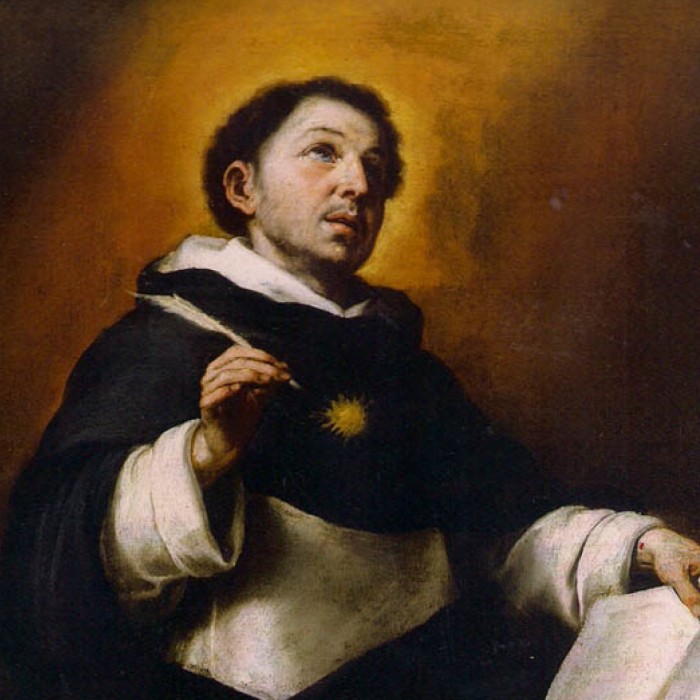
Very few veteran Catholic teachers desire to relive their first year of teaching. The greatest experiential truths I have learned as a Catholic educator are from my failures. The first year of teaching is where I failed the most.
Professional development is frequently proposed as a suitable solution to overcoming deficiencies in knowledge or pedagogical practice for a teacher. But what comes to mind when we hear the term “professional development”? Sadly, mostly negative connotations abound.
The National Standards and Benchmarks for Effective Catholic Elementary and Secondary Schools articulates in Standard 6 that
The leader/leadership team takes responsibility for the development and oversight of personnel, including recruitment, professional growth, faith formation, and formal assessment of faculty and staff in compliance with (arch)diocesan policies and/or religious congregation sponsorship policies. (6.3)
And then in Standard 7
Faculty collaborate in professional learning communities to develop, implement and continuously improve the effectiveness of the curriculum and instruction to result in high levels of student achievement. (7.7)
These are not bad benchmarks in themselves, but the ceaseless impetus to attend seminars, conferences, and webinars that results is counterproductive. Why do teachers dread professional development? And why do Catholic schools continue to chase the public system into the abyss of edu-jargon driven workshops?
Saint Thomas Aquinas would argue that we are missing the virtue of prudence in this pursuit of professional development.
It is the virtue of prudence that needs to direct how we develop Catholic teachers. Prudence is "right reason in action," writes St. Thomas Aquinas. Thomas Aquinas also cites Augustine’s definition: "Prudence is the knowledge of what to seek and what to avoid."
Not only do Catholic educators need to be excellent practitioners of virtue in terms of content selection, classroom instruction, student assessment, and the moral formation of students, but the way we mentor teachers needs to be done in a prudential manner.
Thomas Aquinas pivots the virtue of prudence on eight integral parts - necessary capacities in prudential decision making: memory, understanding, docility, shrewdness, reason, foresight, circumspection, and caution.
When is the last time teachers were directed to the parts of prudential decision making in a professional development workshop? Are not all of the aforementioned abilities essential to the life of a teacher, student, and school?
Prudence is simply practical reason in action.
The motto of Mount Royal Academy is to “educate the whole child, one student at a time.” Our teacher mentoring program takes the same approach, to “educate the whole person, one teacher at a time.”
Communal workshops do not do the trick, instead communal worship does.
The way a school leader develops one teacher might not work for another. It is also imperative for mentors to identify which of the four temperaments (choleric, sanguine, phlegmatic, or melancholic) a teacher typically exhibits, and personalize suggestions for improvement based on reactive tendencies of teachers. Do we not do the same with our students?
Individualized meetings characterized by charity and captivated in dialogue are honestly the only way to develop the heart, mind, soul, and of course, effectiveness of teachers.
At the same time, we need to go to the sacraments for graces that can only be received from priests. Retreats should not be scavenger hunts and group sharing sessions that force uncomfortably forthcoming behavior. Instead, faculty at Catholic schools need to be adore Christ in the Holy Eucharist in silence, recite the liturgy of the hours in communion with the religious, and receive healing and restoration in the sacrament of penance.
Again, communal workshops are ineffective. Communal worship and liturgical practices that emanate from the tradition of the Church are most effective.
The truth is, not all are born with the virtue of prudence. Citing Aristotle as he frequently does, Aquinas states that, "intellectual virtue is both originated and fostered by teaching; it therefore demands experience and time." Now prudence is an intellectual virtue, ... Therefore prudence is in us, not by nature, but by teaching and experience."
Much like the maxim, “you cannot give what you do not have,” the virtue of prudence can only be imparted by those who have done it before.
Knowing the right way to teach does not necessarily lead to teaching the right way. Knowing the right text to read does not necessarily lead to reading the text the right way.
No workshop will ever be able to adequately develop teachers. Only a sustained relationship steeped in a shared reverence for the truth and corresponding love for God’s children can lead to effective teacher formation. Professional development does not really capture the fullness of Catholic education either; we need to recalibrate how we approach teacher development and it starts with focusing on the formation of the soul in the sacraments.
The existence of our Catholic schools depends on teachers who see the purpose of education, and then know how to get there. Prudence is not prudish behavior but doing the right thing for the right reasons.

